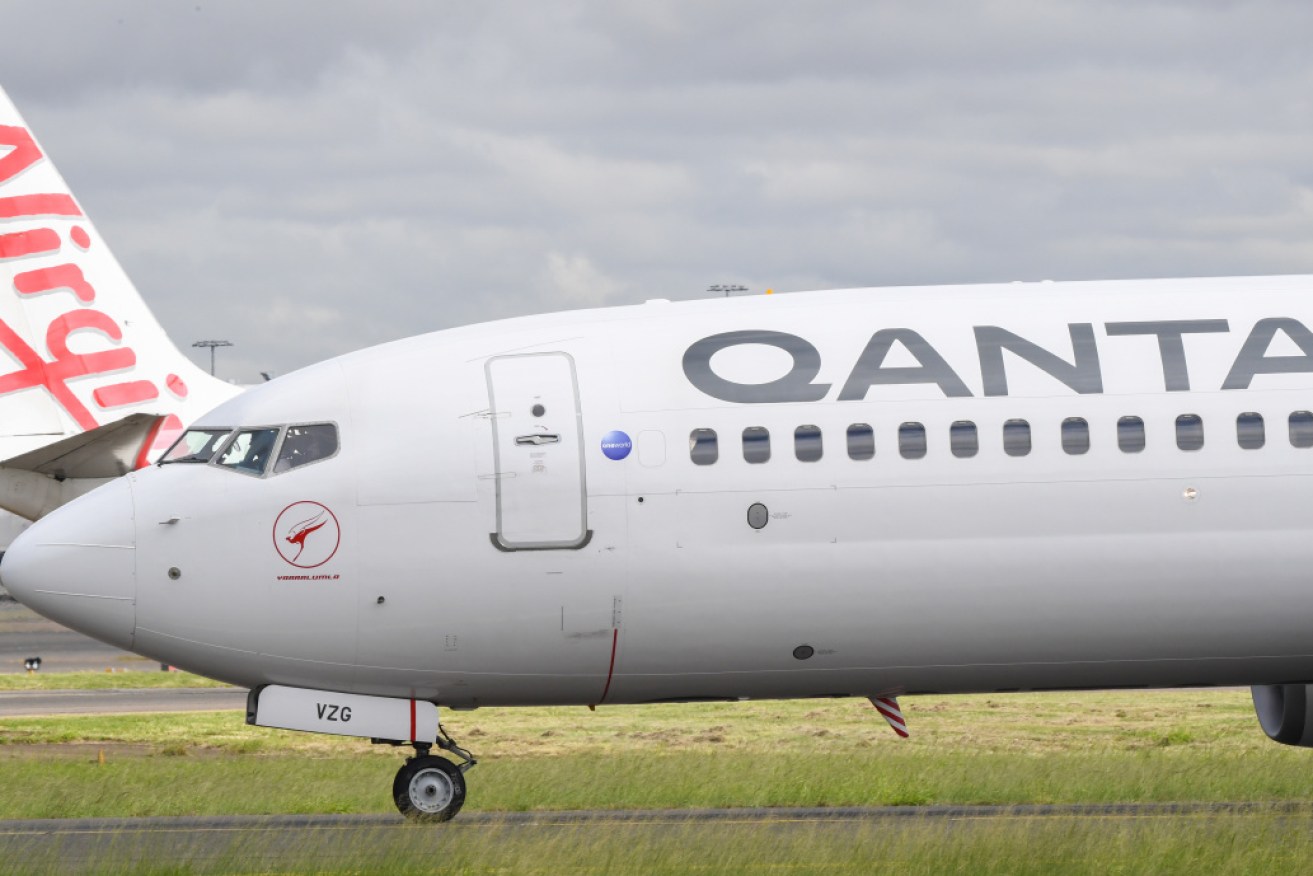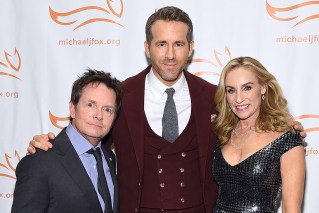Airlines and the travel industry in for a bumpy ride recovering from COVID-19’s turbulence


Australian airlines are set to face a steep road back to their former glory. Photo: Getty
It seems passengers aren’t likely to book their overseas adventures anytime soon, with only 14 per cent of people willing to fly out immediately once travel restrictions are repealed.
According to a survey by the International Air Transport Association (IATA), 40 per cent of respondents indicated they wouldn’t use airline travel for six months or more following the containment of COVID-19.
Sixty per cent said that they might consider travelling again within one to two months after the virus is contained.
In a further blow to the airline industry, 69 per cent said that economic pressures and financial instability caused by the crisis would likely delay their ability to travel.

Between health concerns and economic pressures, travellers are less likely to take to the skies. Photo: AAP
Professor Greg Bamber, from Monash University’s department of management, thinks it might be longer still.
“It may well be a couple of years before we see a return to the demand levels we were seeing in January of this year,” he told The New Daily.
“When international travel becomes viable, we should look first to Australian airlines. But we need to see Australian airlines having competitive pricing strategies.”
IATA’s Director General and CEO, Mr Alexandre de Juniac, suggests that building people’s trust and confidence to fly again will be crucial.
“As countries lift restrictions, confidence boosting measures will be critical to re-start travel and stimulate economies,” Mr de Juniac said.
“This is an emergency. Airlines around the world are struggling to survive. Virgin Australia which entered voluntary administration demonstrates that this risk is not theoretical.
“Governments will need financially viable airlines to lead the economic recovery. Many of them won’t be around to do that if they have run out of cash.”

Australians should look to supporting Australian airlines when the travel ban is lifted. Photo: AAP
Professor Bamber, who also wrote the book Up in the Air: How Airlines Can Improve Performance by Engaging Their Employees, says that the Australian government should adopt a strategic approach.
“The governments of countries around the world are helping airlines survive this crisis. Even in the US – which is the prime example of a liberal market economy – the federal government there is providing assistance for the airline companies to survive.
“It’s not the fault of the airlines that they’re facing an existential threat to their survival,” he added.
“The Australian government adopts a more strategic approach. That means not simply providing a short term bail out to Virgin Australia and Qantas and Rex, but thinks about the longer term and instead of just handing over millions dollars in support, makes some conditions.
“If the funds are not paid out, governments can take a shareholding in the airline which, when the good times return, would provide a return to the taxpayers.” Professor Bamber said.
The IATA estimates that roughly 25 million jobs within aviation and the tourism sector are currently at risk.
While it seems passengers in China are slowly returning to the skies with domestic flights sitting at 40 per cent of their pre-pandemic levels, the same cannot be said for Australia.
Despite low rates of new infection, domestic airline travel Down Under is currently at a low, managing only ten per cent of its former levels.








